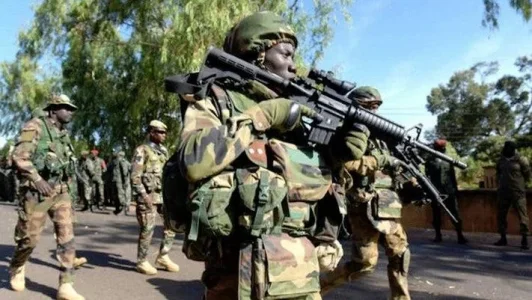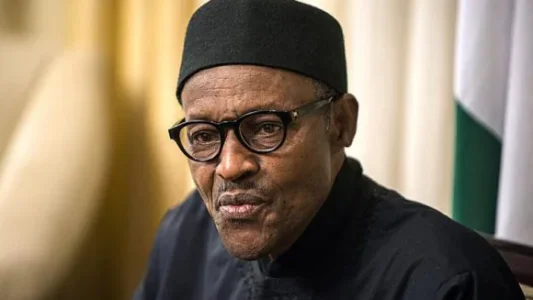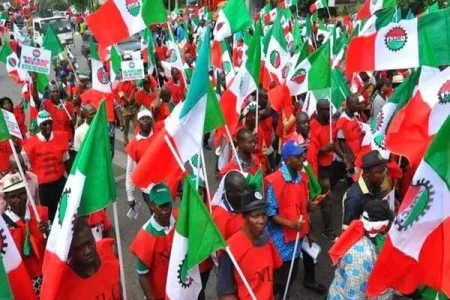
The Nigerian Army admitted using live ammunition during the #EndBadGovernance protests, contradicting police claims. A soldier's gunfire led to the death of a teenager in Zaria. Amnesty International condemned the violence and called for a judicial inquiry. The Army's admission has intensified scrutiny of the authorities' response to the protests.
The police's assertion of not using ammunition on protesters took a significant turn on Wednesday when the Nigerian Army confirmed that one of its soldiers killed a teenager in Zaria, Kaduna State. The incident occurred during the #EndBadGovernance protest, which initially started peacefully but escalated into violence across various regions.
The first fatality was reported in Suleja, Niger State, where security operatives allegedly shot at least six protesters. Subsequently, a teenager in Kubwa, Abuja, was reportedly shot by a policeman. Similar incidents of violence were recorded in Kaduna, Kano, Jigawa, Borno, and Katsina States. Despite multiple videos suggesting extrajudicial killings, the police have consistently denied these allegations.
Amnesty International condemned the use of lethal force against protesters, stating that security personnel deliberately employed tactics designed to kill. Joe Ajaero, President of the Nigeria Labour Congress, also criticized the police, urging them to focus on combating bandits rather than suppressing peaceful protesters.
Muyiwa Adejobi, the police spokesperson, acknowledged some instances of killings but denied police involvement. He emphasized that the police and military did not use live ammunition and accused protesters of attacking security agents.
However, the Nigerian Army admitted that a soldier fired a warning shot in Zaria, which led to the death of a 16-year-old boy, Ismail Mohammed. The soldier involved has been arrested and is under investigation. Amnesty International has called for a judicial inquiry into the deaths of protesters, highlighting the need for accountability and justice.



![[VIDEO] Some Northerners Celebrate Buhari’s Death Amid Mixed Reactions](/data/attachments/218/218914-373995ab2209b80a723744b10c0ed171.jpg?hash=5_4NWIFXHw)
